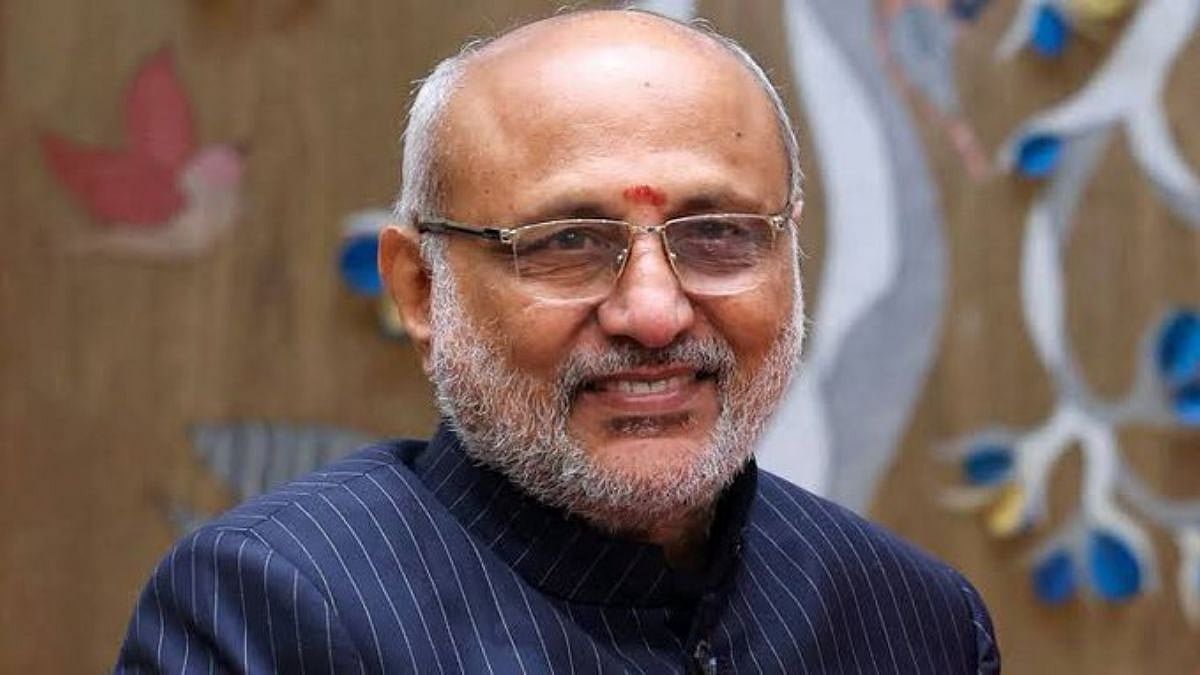The World Health Organization has launched a new global tax initiative called “3 by 35.” This campaign urges countries to increase taxes on tobacco, alcohol, and sugary drinks by at least 50 percent by the year 2035. It is being promoted as a strategy to reduce disease and improve public health outcomes.
In reality, this initiative represents a global cash grab disguised as a moral crusade. It is aimed squarely at consumers by bureaucrats struggling to address budget deficits. With the United States having already withdrawn substantial funding from the WHO due to repeated policy failures and a lack of accountability, the organization is now focusing on domestic health officials who face political pressure to deliver results despite insufficient financial resources.
The appeal of the WHO’s proposal is difficult for financially strained governments to resist. It presents the idea that by raising so-called sin taxes, not only will unhealthy habits be discouraged, but governments will also benefit from a surge in new revenue.
This scheme is a regressive and anti-consumer plan advanced by an unelected body that lacks both the legal and moral authority to dictate taxation policies to sovereign nations.
The United States reduced its funding precisely because the WHO mishandled global health emergencies and its questionable relationships with authoritarian regimes. The agency’s consistent failures in transparency, scientific integrity, and timely response made continued support politically unacceptable.
Now grappling with a significant $600 million funding gap, the WHO is searching for alternative methods to sustain its operations. Instead of curbing its spending, it has decided to pass the financial burden onto consumers worldwide.
This initiative is not truly about public health. It is about closing financial gaps.
Although the WHO claims to be working in the public interest, its financial records suggest otherwise. In 2020, reports revealed that the organization was spending over $200 million annually on luxury travel, including first-class flights and five-star accommodations for senior executives. That amount exceeded the WHO’s combined spending on HIV/AIDS, tuberculosis, malaria, and hepatitis. Its travel expenditures per employee were twenty times higher than those of frontline health NGOs such as Doctors Without Borders.
Now, those same executives are advocating for governments to increase the cost of products like soda, beer, and cigarettes—affordable items that provide simple pleasures to millions of working-class individuals.
This approach is far from progressive. It is a clear example of regressive taxation.
Sin taxes do not burden corporations. They fall squarely on consumers, especially those with lower incomes. The impact is particularly harsh in rural areas and among blue-collar workers who are already struggling with economic instability. During a period of inflation, increasing the cost of everyday goods is not only insensitive but also actively harmful.
These measures are often adopted with minimal public debate and are framed as health-focused interventions. Yet, the evidence supporting their effectiveness in preventing chronic illnesses remains inconclusive. What is clear is that these taxes will generate substantial revenue. Health departments, under pressure from higher authorities, may be tempted by this financial windfall.
The “3 by 35” initiative represents a rigid, one-size-fits-all policy that claims to prioritize health while ignoring the real consequences for economic fairness and personal freedom. It is easier for government officials to raise the price of a soft drink than to confront mismanagement in hospitals or inefficiencies in public budgets. But the path of least resistance is not always the right one.
If the WHO were genuinely committed to improving public health, it would support harm reduction measures such as promoting low-alcohol or reduced-sugar beverages and safer alternatives. Instead, the organization continues to pursue outdated behavioral policies while seeking to fund them with modern revenues drawn from those least able to afford them.
For any Nation to make meaningful progress in public health, it should focus on investing in access, innovation, and education. Health policy should be guided by science, transparency, and economic fairness, not dictated by international bureaucrats trying to balance their budgets.










